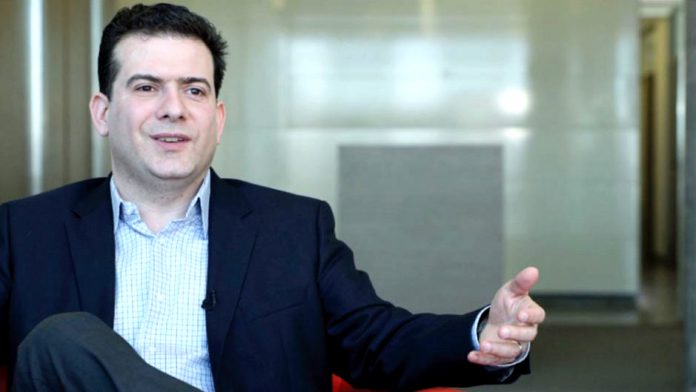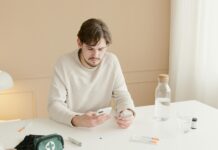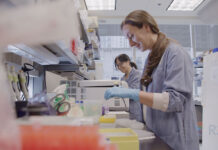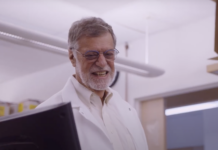Michele Mosca is a Professor of Combinatorics and Optimization at the University of Waterloo and co-founder and the Deputy Director of the Institute for Quantum Computing. We asked everything from why he chose his field of study to what he does for fun in hopes of giving you a better understanding of what goes on outside the lab for one of the best minds in Canadian research.
What inspired you to become a scientist?
When I was in high school, a family friend pointed me to some enriched mathematics night classes led by Bruce White in Windsor, so I tried it out. Students from across Windsor and Essex County worked on math problems from various mathematics competitions. This was fun and challenging and led to my interest in mathematics problems solving.
Advanced studies in mathematics led me to cryptography research, which is another form of puzzle or challenge, and underpins cybersecurity.
Being a scientist simultaneously allows me to work on resolving interesting problems and do research that underpins the future of cybersecurity and new quantum technologies that will solve important problems for humanity.
What I love about being a scientist is discovering new truths about the world and sharing these new discoveries.
How will your research make a difference in our lives?
In a world where cyber-technologies are a part of nearly every aspect of our lives, cyber-safety is an essential part of safety in general.
My research underpins cybersecurity in a world with quantum technologies.
In particular, quantum computers redefine which cryptographic codes are secure and which are not. Unfortunately, some of the most important tools used today, for example, to guarantee that your daily auto-updates are genuine, and not malicious malware, will be broken by large-scale quantum computers.
So we need to discover, develop and deploy new codes that will be secure before this threat becomes a reality.
My research also develops the power of large-scale quantum computers, which will help design next-generation materials, optimize the design and operation of complicated systems, optimize the allocation of precious resources, and many things we haven’t discovered yet.
What do you like to do for fun?
Play table soccer.
What do you consider your greatest achievement?
My kids.
If you could do any profession other than your own, what would it be?
Linguist. I grew up with several languages, and liked studying languages as a student, understanding the patterns and recognizing the connections between languages.
What advice would you give young researchers?
Don’t be afraid to respectfully disagree with your supervisor.











































